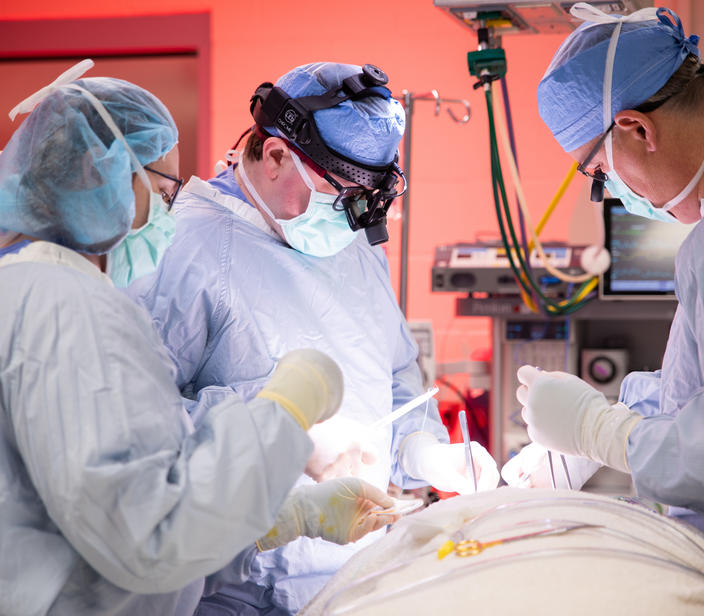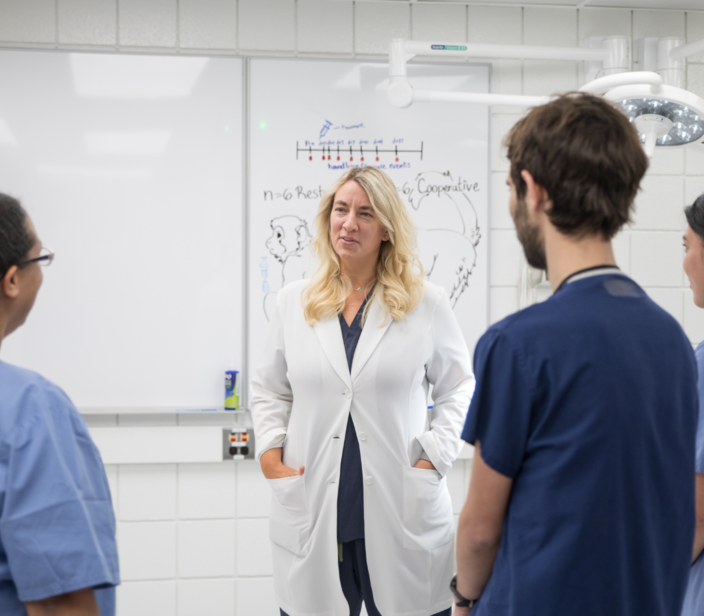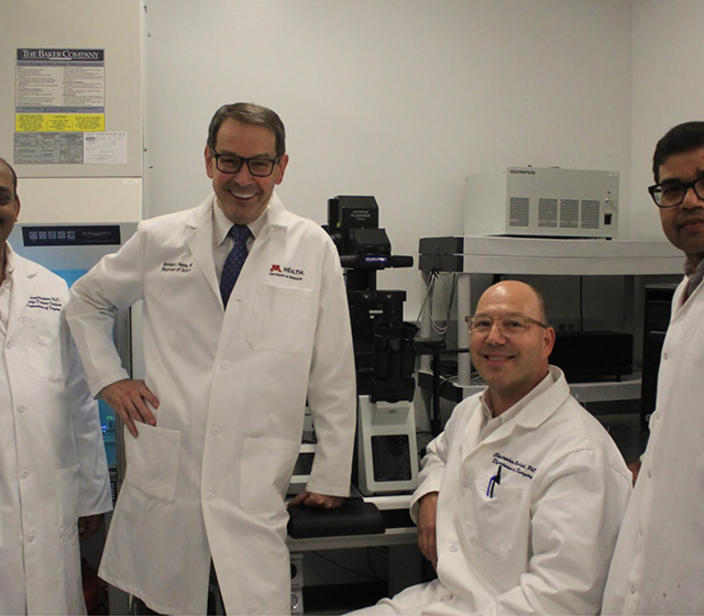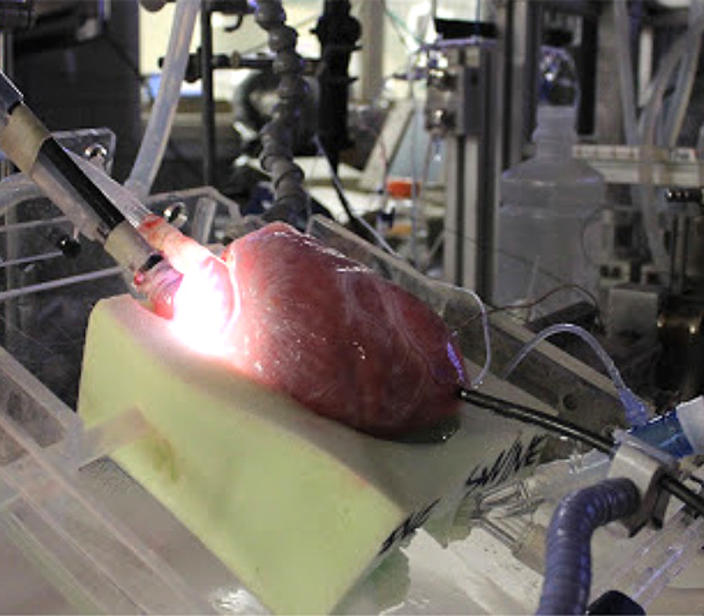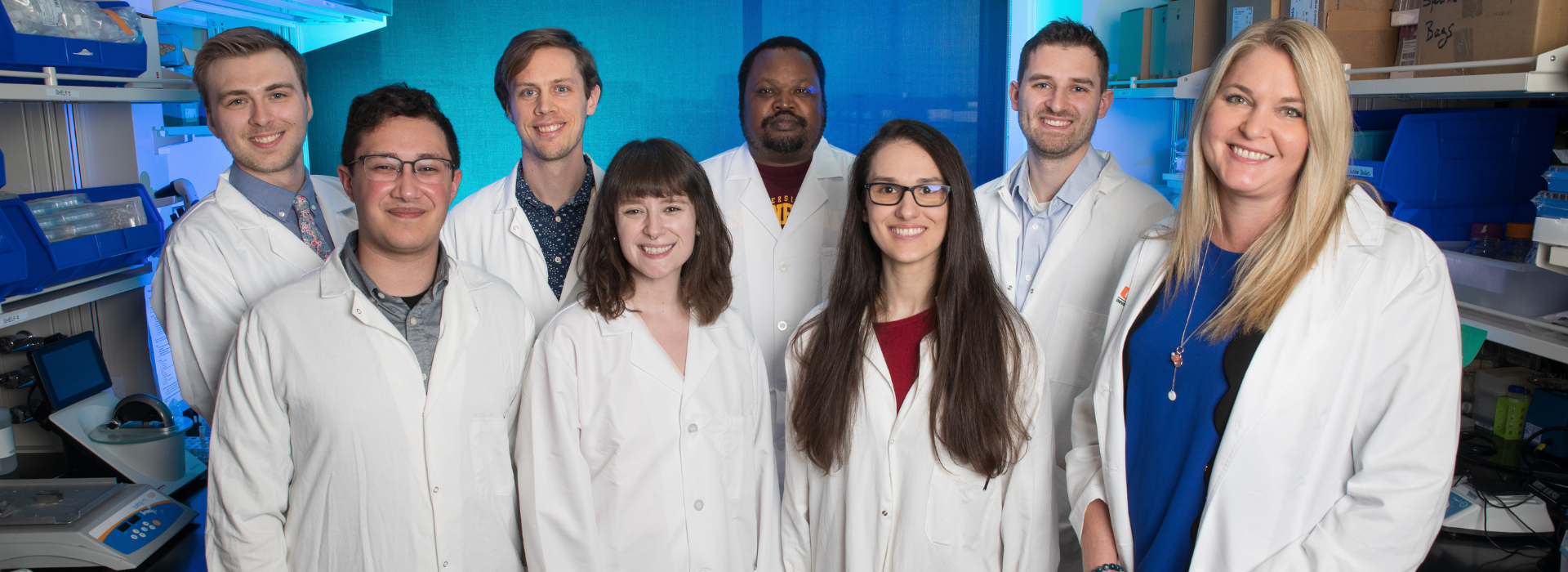
Research
The Department of Surgery has a rich history of renowned basic and clinical science research, distinguishing itself as an academic and clinical center of excellence.
The University of Minnesota and the Department of Surgery rank highly in the number and amount of research grants, according to the National Science Foundation. We receive several million dollars each fiscal year in sponsored research from the National Institutes of Health (NIH), internal allocations, and private donations.

Program in the History of Medicine
Since its founding in 1967, the Medical School’s Program in the History of Medicine has been dedicated to research and teaching in the intellectual, political, cultural, and social history of disease, health care, and medical science.
Research Activities
The department has pursued intensive research for the past three decades under the auspices of the only NIH-sponsored program project grant in organ transplantation. This grant supports research in transplant immunology in animals and humans, with studies in xenotransplantation, pancreas and islet transplantation, basic transplant immunology, and comparison of various immunosuppressive regimens.
A unique research experience distinguishes our program from many if not most others. At the completion of the PGY-3 year, over 95% of our residents conduct independent, supervised research, without clinical responsibilities, for an intense period of 1 to 4 years.
Surgery Clinical Trials Office
The Surgery Clinical Trials Office (SurgCTO) is available to collaborate with and provide support for investigators and their research teams in all phases of clinical research, including the organization, implementation, and completion of clinical research studies.
Translational Center for Resuscitative Trauma Care: Scholars Program
The Translational Center for Resuscitative Trauma Care Scholars Program's purpose is to fund prehospital care research projects that investigate the factors driving less than optimal outcome for trauma patients. This program supports early career investigators. For more information, email traumacare@umn.edu.
Translational Center for Resuscitative Trauma Care: Pilot Project Program
The purpose of the Translational Center for Resuscitative Trauma Care Pilot Project Program is to fund research projects with a focus on prehospital trauma care including rural trauma care, wound management, infection prevention, prolonged field care, point of injury care, and resuscitation. This program supports early career investigators. For more information, email traumacare@umn.edu.
Research Ethics
We are committed to protecting research participants, upholding ethical standards, and improving our practice at every step of our work.

